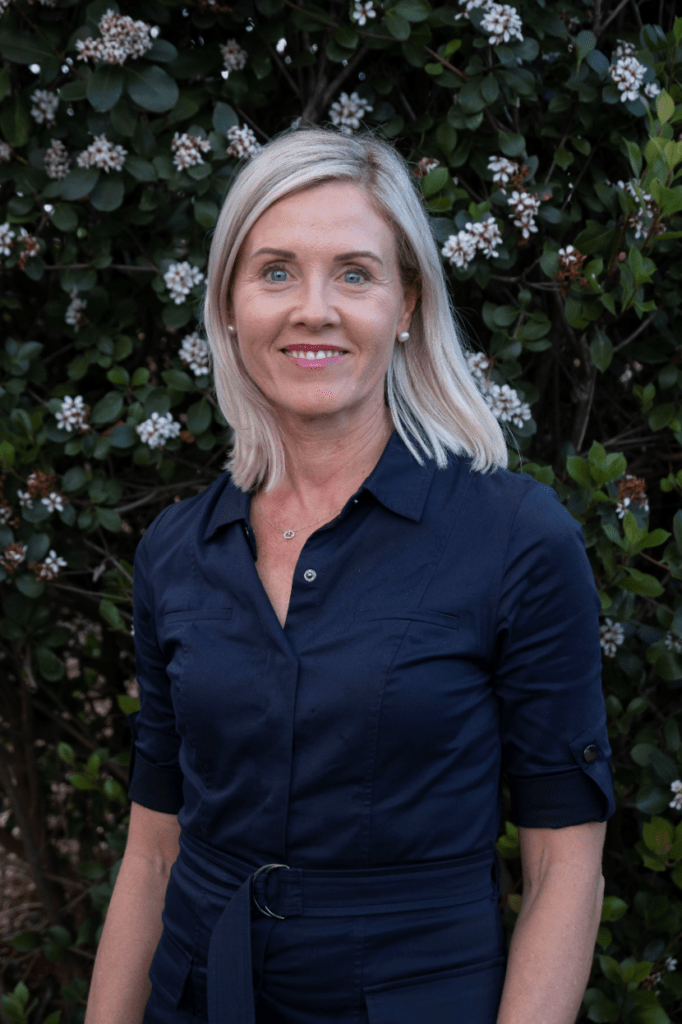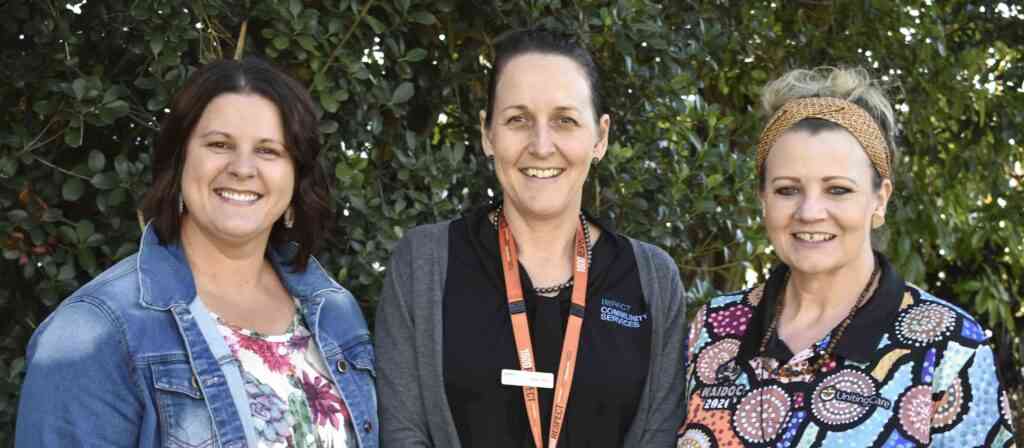- Home
- Stronger Together
- Support & Wellbeing
- Disability & NDIS
- Mental Health
- Families & Parenting
- Support for Individuals
- Community Health
- Employment & Training
- About Us
- About us
- Get Involved
- Governance
- Social Enterprises
By Tanya O'Shea, IMPACT Community Services' Managing Director

Supporting positive family dynamics and educating parents about healthy relationships are two of the most important services we offer at IMPACT.
Domestic and family violence (DFV) is still heavily prevalent within our Bundaberg region, and without a whole of community approach the reality is we simply won’t see the changes we so desperately need.
On Wednesday and Thursday next week, July 28 and 29, IMPACT will collaborate with Family Law Pathways Network, Uniting Community Care and The Family Relationship Centre to host the Working Together community conversation.
The aim of these two days is to hold a collaborative conversation and have as many people present to establish a practice commitment for working together to prevent domestic and family violence in Bundaberg.
The complexities involved in this space requires involvement on multiple levels.
People working with families and children, managers, board members, policy makers, community members, community leaders and people wanting to make a difference are encouraged to participate in the conversation.
Data that tracked Domestic Violence Order applications made to the Bundaberg Magistrates Court in 2019-20 showed an increase by over 27% from the previous year.
This increase was the highest in the state, followed by Rockhampton with 14.6% and Beenleigh with 14.4%.
Evidence also shows that violence creates ongoing cycles of intergenerational trauma leading to unstable mental health, neglected children, government dependence and learned poverty.
The only way I can think to describe this is unacceptable.
We need more action, more accountability, and more people willing to not only stand up and say no to domestic and family violence, but to act on it when it is seen or heard.

There are multiple service providers in this space that are under significant pressure; the need far outweighs the supports available.
The only way to move forward is to come together and work at this issue across varied government agencies, community organisations and members of society.
Together, we can create new, innovative approaches to effectively respond to the escalating incidents of DFV, as many of our services are not equipped to accommodate for the constant change and additional layers of complexity involved.
Children are the silent sufferers in these situations, until they are not.
There are significant ongoing implications for children exposed to violent relationship dynamics ranging from learned violence in the family unit to links to crime and deviant behaviour.
The Working Together community conversation aims to strengthen our relationships and collaborative practice through networking, conversations and, as mentioned, the development of a collective commitment to working together for Bundaberg families.
It’s up to us as residents of the Bundaberg region to create a light at the end of the tunnel, and work towards it together through measurable actions and achievable outcomes.
We are always stronger when we work together; creating the change that is needed starts with us.